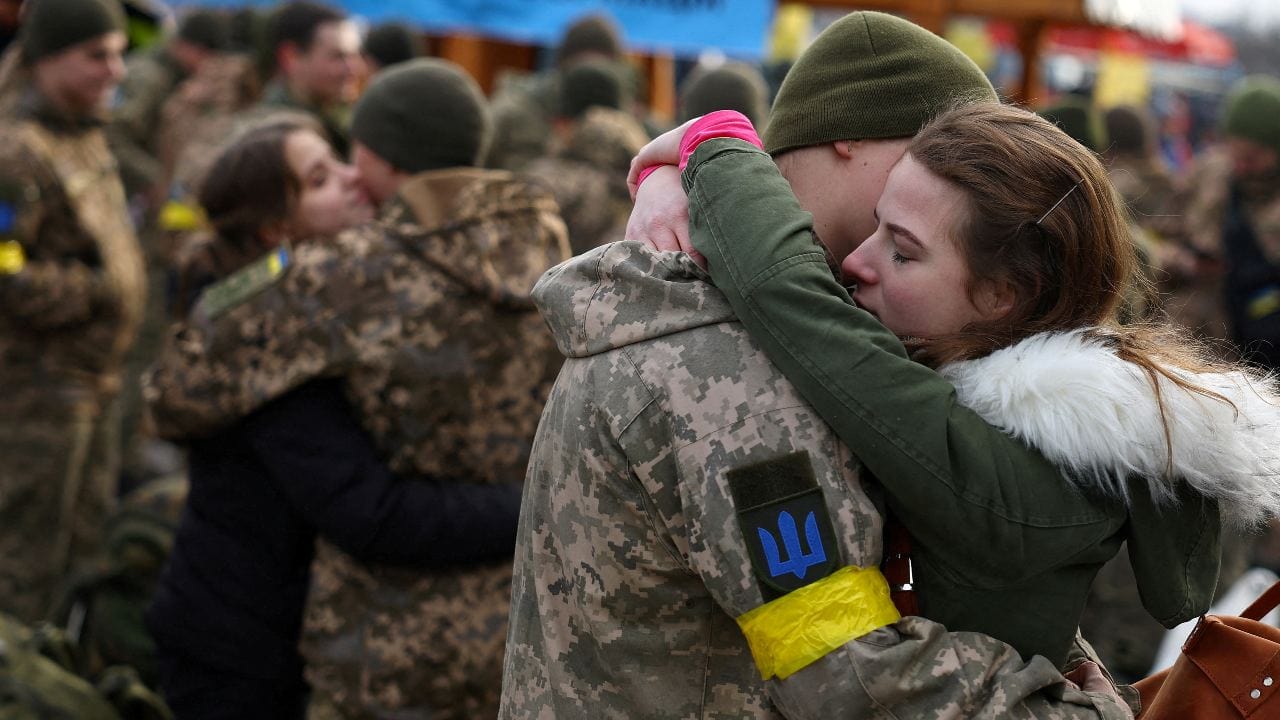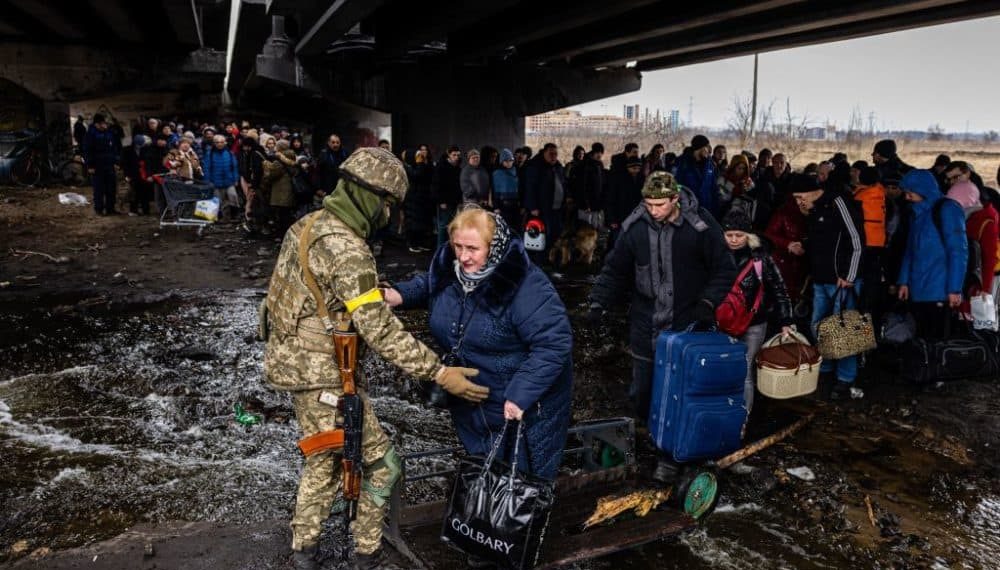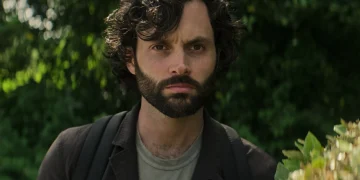Every Sunday in Kyiv, young Tymofii attends rallies, clutching a photo of his father, Denys Chumak, a soldier captured by Russian forces in Mariupol two years ago. Tymofii’s mother, Alisa, joins him, part of a community seeking to keep the plight of Ukrainian prisoners of war in the public eye.
The conflict has left around 8,000 individuals, both civilians and military personnel, languishing in Russian captivity, a grim consequence of the invasion that began in 2022. Mariupol, a city deeply scarred by the war, saw some of the most intense fighting, where Denys and others fought valiantly before being overwhelmed by Russian forces.
For Alisa, the separation from Denys has been agonizing, especially as she raises Tymofii alone. The absence of a father figure weighs heavily on the child, who only knows Denys through photographs.
Their last encounter with Denys was rushed and chaotic, reminiscent of scenes from a war movie. As shells fell around them, Denys handed Alisa supplies before departing for the front lines. Since then, Alisa has glimpsed Denys only in a video from a detention facility in Russian-controlled Ukraine and in photos circulated online.

While some prisoner exchanges have taken place, including a recent swap facilitated by the United Arab Emirates, Alisa remains hopeful but cautious. She believes that continued international pressure may increase the chances of more prisoners being released.
As Alisa and others advocate for the return of their loved ones, the uncertainty and pain of waiting persist. Yet, amidst the turmoil, there remains a glimmer of hope that one day, families torn apart by war will be reunited





